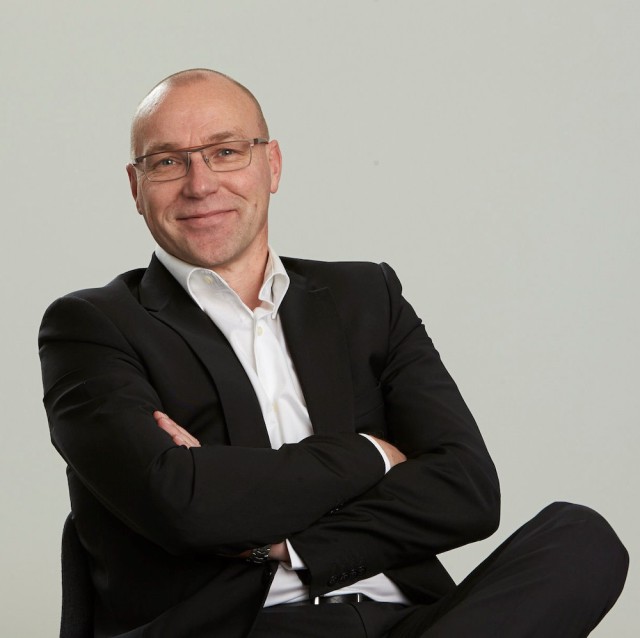Swegon acquires Waterloo Air Products

Indoor environment specialist Swegon has acquired the well-known grilles and difussers manufacturer Waterloo Air Products.
Waterloo was founded in 1961 and has 140 employees. Its head office is in Aylesford, Kent. Swegon Group is a specialist energy efficient ventilation and indoor climate products and systems. It has subsidiaries in 16 markets and 16 production plants in Europe, North America and India. The company employs more than 2,400 people.
Hannu Saasamoinen, CEO at Swegon Group says: "The UK as the second largest ventilation market in Europe has long been a priority for Swegon with previous successful UK acquisitions contributing well to the overall growth and profitability of the group. This acquisition gives us a market leading position in grilles and diffusers, enhancing our ability to serve our customers with a full offering for high indoor environmental quality.”
Russell Shenton, managing director at Waterloo comments: ”Becoming part of the Swegon Group will give us access to additional resources and provide the capability to accelerate our growth. Our product range is the perfect complement to Swegon’s overall offering and will allow both businesses to develop and grow”.
Speaking on behalf of the sellers, former director and shareholder Ron Edmondson added: “We feel happy that Waterloo has found the best possible home to continue its development and that the customers and employees are in safe hands”.








